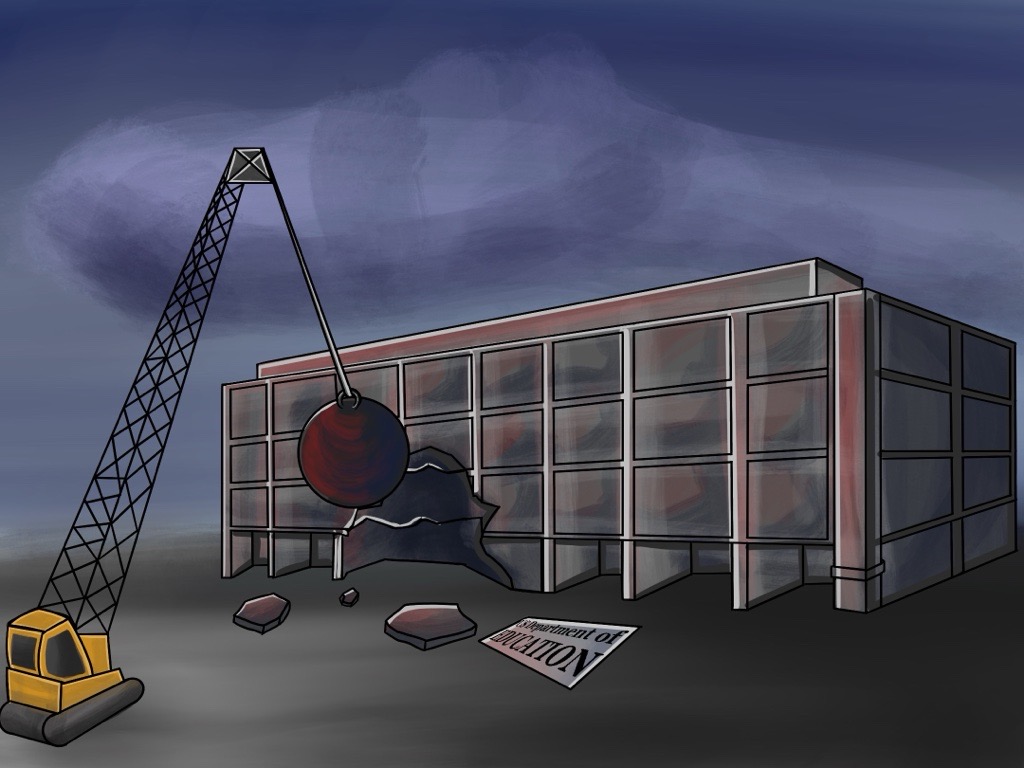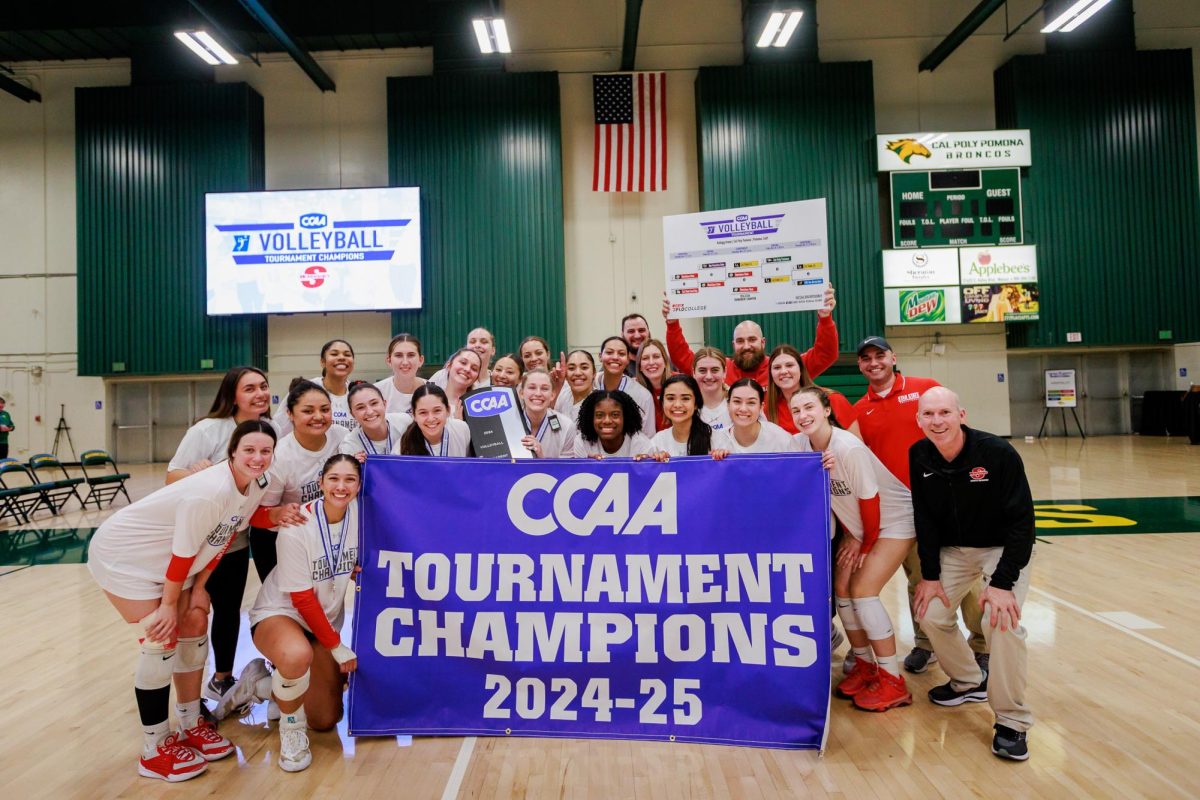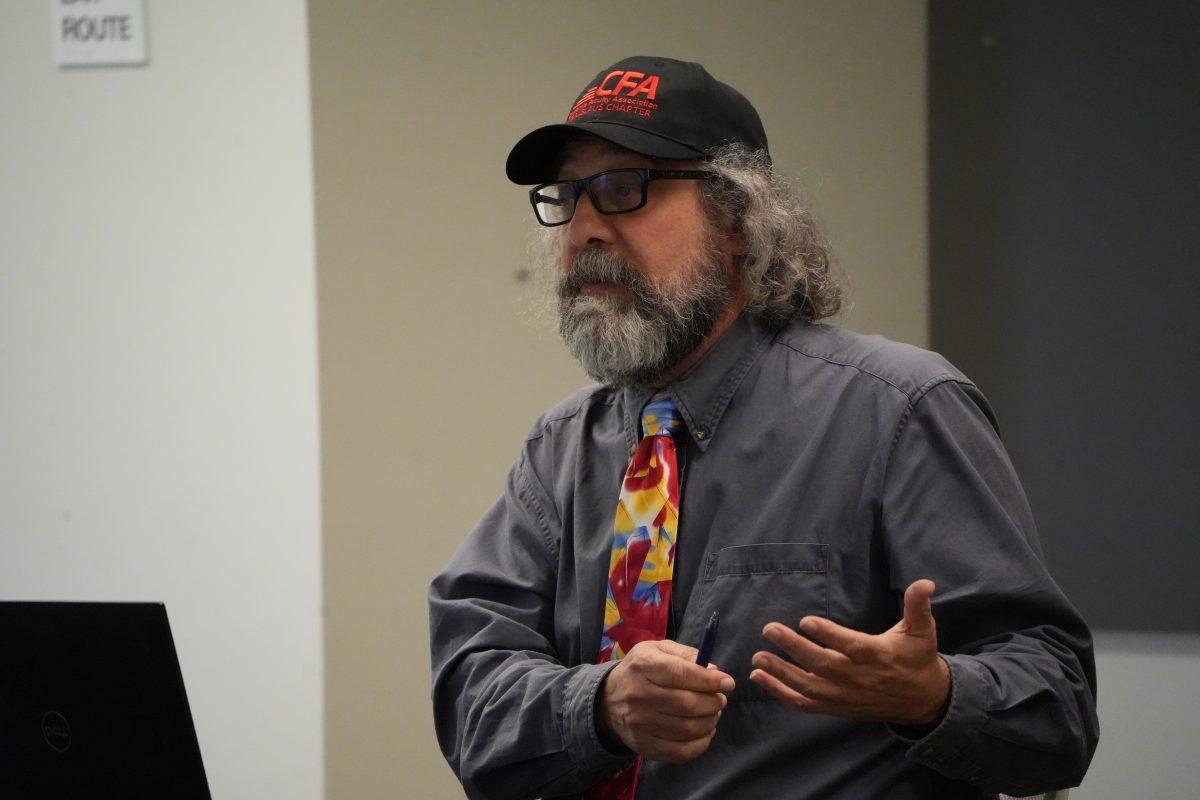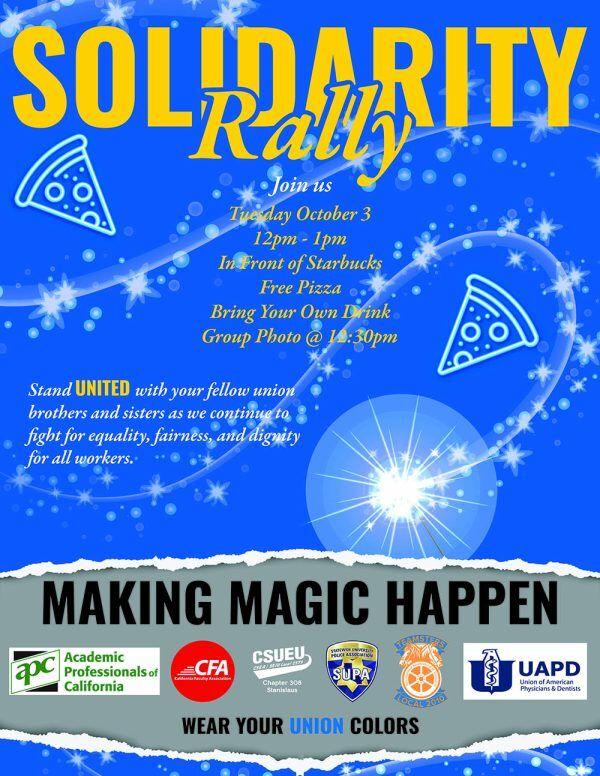Alondra Gonzalez (sophomore, Business) remembers her first day as a college student at California State University, Stanislaus (Stan State) as being a nerve-racking and frightening experience. Being the first one in her family to attend college, she was full of questions that neither her parents nor any of her family members could answer. However, on orientation day her fortune changed when the Program for Academic & Career Excellence (PACE) assisted her by answering all of her unending questions and helping her choose the best classes that would benefit her education.
Similar orientations like the one Gonzalez had with PACE may not happen anymore, since PACE is coming to an end after this academic year.
“The PACE grant was awarded by the federal government as a five-year, non-renewable grant,” Associate Vice President of Communication and Public Affairs Tim Lynch said. “We are actually on our sixth year with a no cost extension. There was never any question that the program would sunset.”
Gonzalez is not the only student at Stan State whose educational experience has improved thanks to PACE. More than 700 students and 120 incoming freshmen have been assisted by PACE over the past six years.
The main purpose of the PACE grant was to explore high impact practices that help at-risk students stay on track to graduate. Even though PACE will no longer offer resources and academic assistance to Hispanic and first generation college students, the best high impact practices will still be carried forward on other programs. One such program is the cohort-based first-year experience, which consists of a two-semester English class for students.
“PACE will not be going away because it lives on these best practices,” Lynch said.
Stan State also offers other programs for at-risk students, such as TRIO and the STEM program, which is administrated through the College of Science.
Advising will also continue to be available for students through the Advising Resource Center, while others can receive it through their department.
Brittany Valadez (senior, Communication Studies) has received support from PACE and the Educational Opportunity Program (EOP) for all four years at Stan State. Even though she has been awarded scholarships from EOP, she has not received the consistency that she receives in PACE from other programs on campus.
“I have had my same advisor from my freshman year until this year and I like that because it is a personal experience. When I see her she knows who I am, my story, and what I am trying to do. In EOP I have had a different advisor every year, so I feel like I keep on explaining who I am and what I am trying to do,” Valadez said. “The environment at PACE feels like somewhere you can hang out, versus EOP where you just go to get advised.”
The PACE Outreach Coordinator Maria Rosales, along with students, parents and staff supporters met on Oct. 13 to discuss the devastating news of the program coming to an end. The meeting was full of students with distressed faces and interminable questions wondering to why their program was coming to an end.
“I am upset because no one informed the students about the program coming to an end,” Kassandra Pina (sophomore, Liberal Studies) said. Pina has been involved with PACE for two years. “I don’t know what I am going to do after PACE is over.”
Elvia Ramirez (sophomore, Sociology) shared that one of her concerns is that the free printing that PACE offered will be over. She explains that as a college student, printing on campus can be an issue since there are other expenses. Free printing will come to an end once the program is over.
Parents also showed their concerns. Gonzalez’s mother, Zolia Gonzalez, was shocked to learn that PACE was coming to an end.
“Alondra is the first person in our family to attend college. I had no idea on what to do in order for my daughter to enroll in college. That is why I am upset that this program is coming to an end,” Zolia Gonzalez said. “PACE is a great support system for her and many other first generation students. PACE takes away the anxiety that they have when they first attend college.”
Alondra Gonzalez shared that she is doing well in school and striving for a 4.0 GPA thanks to PACE. She gives credit to her counselor and advisor for all of the support.
“It is going to affect incoming first generation students in a negative way because they are not going to have that leverage that PACE provides,” Gonzalez said. “They will be missing part of the college experience, because in PACE you make friends, you learn, you build a relationship and in my opinion that is something that no other program on campus can provide.”
The PACE grant will be coming to an end at the end of this academic school year.
Categories:
PACE program coming to an end, leaving PACERS devastated
Alondra De La Cruz
•
October 16, 2015
By Alondra De La Cruz
The PACE office is located at Mary Stuart Rogers Educational Services Gateway Building room 245
0
Donate to Signal
Your donation will support the student journalists of California State University, Stanislaus. Your contribution will allow us to purchase equipment and cover our annual website hosting costs.
More to Discover







